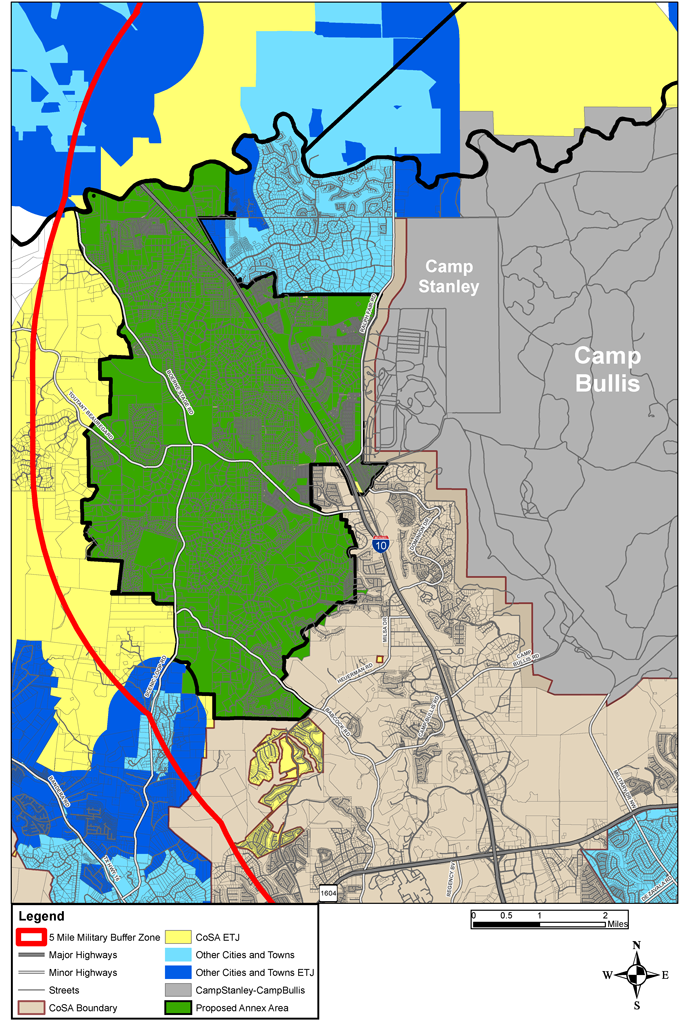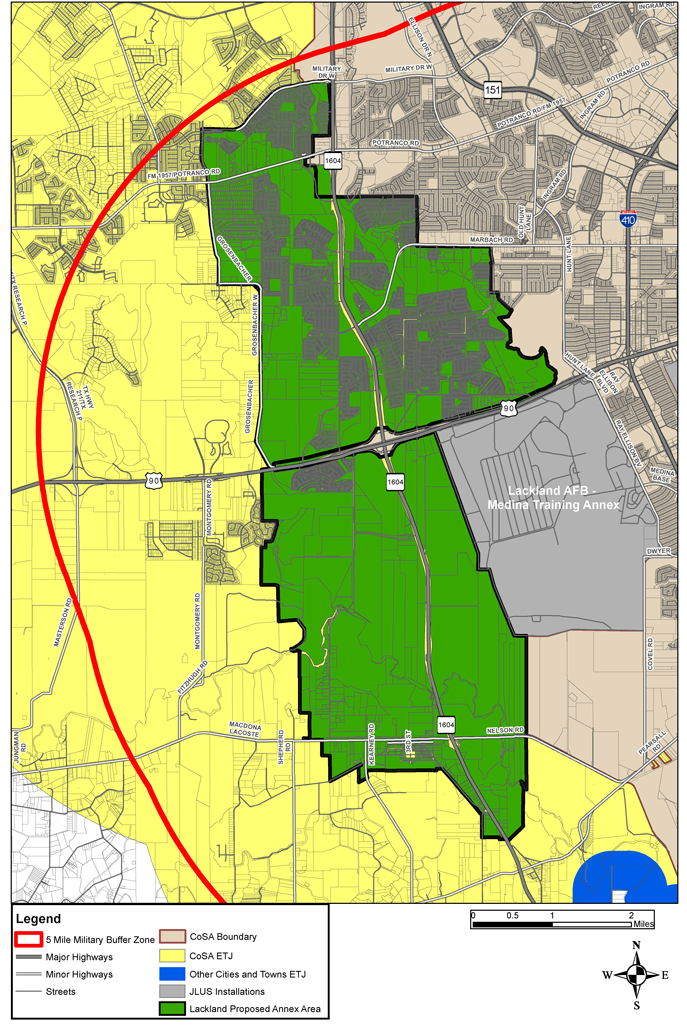Note: this analysis refers to the Senate version of SB 422. There is also a House committee version that substantially ameliorates environmental harm.
A bill being considered by the House of Representatives would undermine enforcement of San Antonio's tree preservation ordinance. SB 422, by Senator Donna Campbell, would prohibit San Antonio (CoSA) from fining developers or charging fees in two specific areas totaling 27,000 acres.
By nullifying the popular "fee-in-lieu-of-trees" option, the bill would actually make tree ordinance compliance more difficult. Nullification of these fees would mean developers could not utilize that option in lieu of:
- preserving the required number of trees, or
- planting enough trees to meet the ordinance's canopy coverage requirement.
A Huge Taxpayer Subsidy for Out-of-state Developers
While Senator Campbell's bill analysis speaks in lofty terms about the "rights of citizens" and "will of the voters", it has no benefit for the vast majority of residents in the impacted areas. Instead, it amounts to tens of millions of dollars in taxpayer subsidies for homebuilding corporations, many of which are based outside of Texas.
This is because SB 422 prevents collection of impact fees from developers. These are charges imposed on new development to help recover capital costs associated with providing the infrastructure necessary for water, wastewater and stormwater drainage services. These costs would have to be paid by existing SAWS customers; you and me.
Areas Affected by the Bill
There would be two separate geographic areas affected, as shown in the maps below.


SB 422 is Tied to Annexation
In November, 2018, CoSA held a special election. Voters living in the above areas could choose between annexation or giving the City authority to regulate their areas as Military Protection Areas (MPAs). Residents in both areas chose the MPA option.
SB 422 says that if an annexation is rejected by residents, a person may not be fined or charged a fee for any "activity" in the failed annexation area.
Undermining Military Protection Areas
SB 422 would also would impair enforcement of CoSA initiatives to protect Lackland AFB and Camps Bullis & Stanley. When residents voted against annexation, they also chose to allow CoSA to enforce ordinances for Military Protection Areas.
These areas "help protect the military mission through limited permitting requirements, inspections and enforcement imposing related fees, fines, and other charges in accordance with the Joint Land Use Study (JLUS)". So common-sense rules limiting building heights, attenuating aircraft noise, reducing glare and light pollution, and ensuring compatible development would be rendered ineffective by this bill.
Deregulating Development — Step One
In 2017, the Legislature passed a law requiring Texas cities, for the first time in history, to put annexations to a vote. This effectively froze San Antonio's city limits as of 2017, because people generally vote against additional taxation.
Once the remaining undeveloped areas of San Antonio's jurisdiction are built out, future land development will be subject only to the minimal rules the state allows counties to enforce. For example, counties aren't allowed to have tree preservation ordinances, zoning, and many land use controls that are allowed in cities.
Deregulating Development — Step Two
SB 422 cleverly builds on step one. In 2017, when step one was passed, CoSA was far along in its process of annexing the parcels shown above.
In the middle of that process, the Legislature changed the rules of the game, now requiring a ballot measure. CoSA continued with its plan, hoping for a positive outcome, given that people in the area west of Lackland would benefit from $200 million in services that they wouldn't have to pay for. However, residents voted against annexation by large margins.
Taking advantage of anti-annexation sentiment, SB 422 builds on the 2017 legislation by prohibiting fees and fines in any areas a city attempts, but fails, to annex. Note that SB 422 wouldn't just impact the tree ordinance, but also any development codes involving a fee or fine for non-compliance. In addition, aquifer protection, stormwater, parks dedication and many other ordinances could also be impacted.